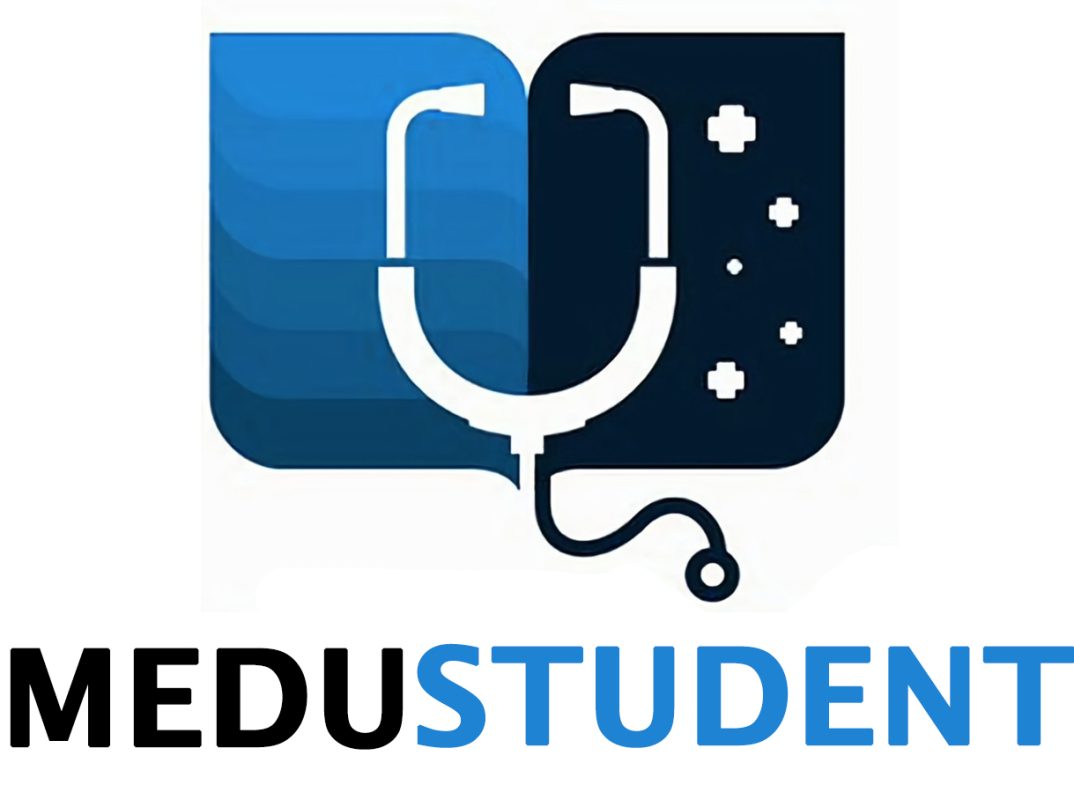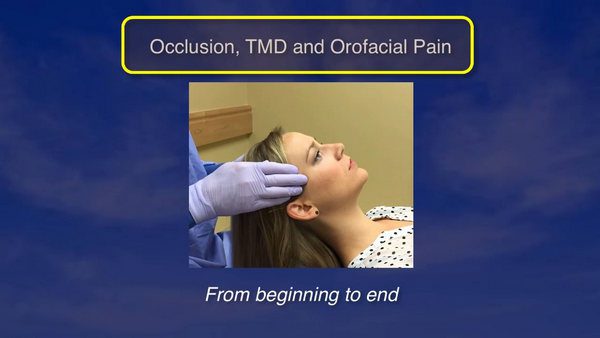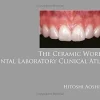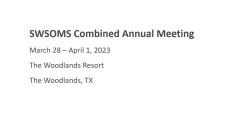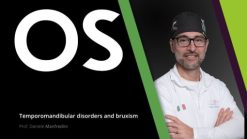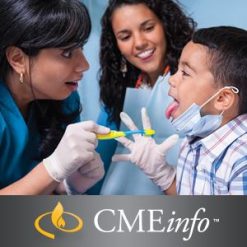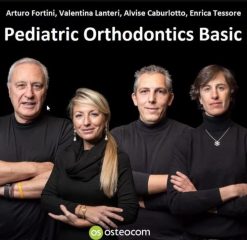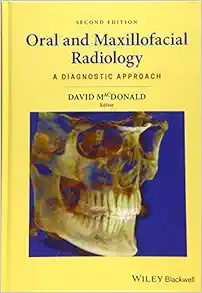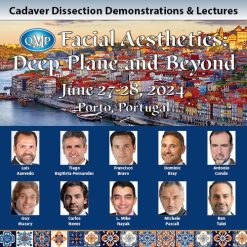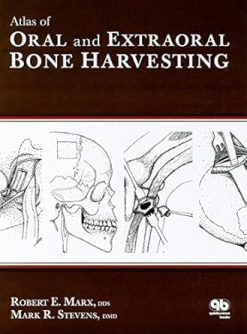Occlusion, TMD and Orofacial Pain, from Beginning to End
$40,00
This Product is shared via google drive download link, So please share your correct Gmail id while placing the order .Please note that there are no CME points or certificate associated with this course Samples for Courses Can be found here : Free Samples Here!
SKU: MEDU-STU02423
Category: Dental
Occlusion, TMD and Orofacial Pain, from Beginning to End
The management of temporomandibular disorders (TMD) and orofacial pain is a complex problem in dentistry. This complexity arises from the many problems that can be associated with masticatory function. In order to effectively manage TMD and orofacial pain disorders the clinician must be able to recognize these disorders from other orofacial pain disorders so that correct treatment can be selected. This course will be a comprehensive review of the multiple factors that relate to TMD and orofacial pain disorders. Treatments based on sound scientific principles will be presented. Emphasis will be placed on diagnosis so that correct therapy will be selected for each patient. This course will benefit all practitioners interested in managing temporomandibular disorders.
What You Will Learn:
- Differentiate temporomandibular disorders from other orofacial pain disorders.
- Understand the relationship between occlusion, bruxism and temporomandibular disorders.
- Understand the relationship between cervical disorders and orofacial pain disorders.
- Take a comprehensive pain history and complete a thorough examination for temporomandibular disorders and orofacial pain disorders.
- Understand the role of the clinical psychologist in managing orofacial pain disorders.
- Understand the role of the physical therapist in managing orofacial pain disorders.
- Understand the role of oral appliances in managing TMD.
Video List:
- Lecture 1 Introduction to TMD and Orofacial Pain
- Lecture 2 Anatomy and Biomechanics of the TMJ
- Lecture 3 Part 1 Etiology of TMD
- Lecture 4 Part 2 Etiology of TMD
- Lecture 5 Part 1a Five Joint Positions used in Dentistry Today
- Lecture 6 Five Joint Positions that are used in Dentistry Today
- Lecture 7 Understanding Intracapsular Disorders of the TMJ
- Lecture 8 Introduction to Orofacial Paina Understanding the Concepts and Complexity
- Lecture 9 Understanding the Neuroanatomy and Neurophysiology of Orofacial Pain The Peripheral Nervous System
- Lecture 10 Understanding the Neuroanatomy and Neurophysiology of Orofacial Pain
- Lecture 11 he History of Pain and Pain Concepts
- Lecture 12 Understanding Pain Referral in the Head and Neck
- Lecture 13 The Classification of Oral and Facial Pain
- Lecture 14 The History and Examination of the Orofacial Pain Patient
- Lecture 15 Keys to making a Differential Diagnosis: Is it Muscle Pain or Joint Pain?
- Lecture 16 The Use of Diagnostic and Therapeutic Injections: Part 1: Muscle Injections
- Lecture 17 The Use of Diagnostic and Therapeutic Injections: Part 2: Nerve blocks and Intracapsular Injections
- Lecture 18 Managing Muscle Pain – Part 1
- Lecture 19 Managing Muscle Pain – Part 2
- Lecture 20 Managing Muscle Pain – Part 3
- Lecture 21 The Indications and Fabrication of a Stabilization Appliance
- Lecture 22 The Management of Muscle Pain with a Stabilization Appliance: What do you do next?
- Lecture 23 Indications and Fabrication of an Anterior Positioning
- Lecture 24 Treatment Protocol for using an Anterior Positioning
- Lecture 25 Headache – Part 1: Migraine, Tension Type Headache and Medication Overuse Headache
- Lecture 26 Headache – Part 2: Trigeminal Autonomic Cephalalgia and Temporal Arteritis
- Lecture 27 Neuropathic Pains – Part 1: Trigeminal Neuralgia and Entrapment Neuropathy
- Lecture 28 Neuropathic Pains – Part 2: Neuritis and other Continuous Neuropathic Pains
- Lecture 29 Neuropathic Pains – Part 3: Continuous Dentoalveolar Pain, Postherpetic Neuralgia and CRPS
- Lecture 30 Orthodontic Therapy and TM Disorders: Maintaining a Healthy Masticatory System
- Lecture 31 Diagnostic Considerations of Non-Odontogenic Toothache
- Lecture 32 Occlusal Appliances: Science or Theory?
- Lecture 33 The Use of Botox in Dentistry
By: Jeffrey P Okeson, DMD
Professor and Dean Founder, Orofacial Pain Program
University of Kentucky – Lexington, Kentucky, USA
33 Lectures – Duration 33 hours – Files Size: 22 GB
Related products
$50,00
$20,00
PLASTIC SURGERY
$40,00
